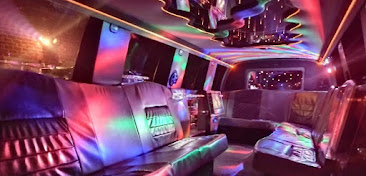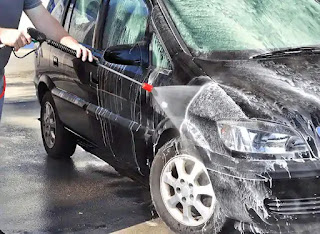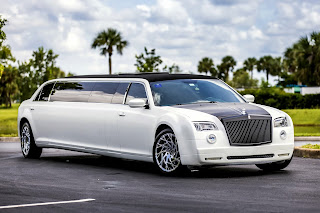5 TIPS FOR AUTOMATED CAR WASH THAT IS SAFE FOR THE ENVIRONMENT
The advantage of many comforts, but with time and the aid of technical development, they have learned where changes to their way of life may be made to cause less harm to their surroundings. Automated vehicle washes are no exception, as research, rules, and standards in the sector have advanced through time to better reflect a real appreciation of doing what they can to lessen the pressure on their natural resources. Drivers in Kingston Ontario can relax knowing that going to the car wash rather than cleaning their vehicle at home is better for the environment for the following reasons:
Industry Support For Water Management
Automated car operators have significantly reduced the amount of water they use to clean an average automobile over time by making changes to the equipment required. These modifications include reducing the water pressure, shrinking the size of the spray nozzles, and being more vigilant about finding leaks in their apparatus and fixing them right away.
Car Wash Systems
The best car detailing Kingston association estimates that if you washed your car by hand using the traditional hose and bucket method on the sidewalk or in the driveway, you would consume at least 450 litres of water. In actuality, five minutes of running your lawn hose could consume almost 221 litres of water. It is two-thirds less water wasted when compared to the industry target for computer-operated car washes, which is 150 litres of water utilised per typical vehicle wash. one third! To put that into an even better perspective for you, a typical shower consumes roughly 10 litres of water per minute with a low-flow shower head, and a typical bath uses anywhere from 115 to 190 litres. In fact, the most water-efficient car wash systems use less water to clean your garments than a standard home washing machine does.
Industry Support For Water Supply Protection
The business is aware of what happens to the water after it has been used in the cleaning process and also works to reduce the amount of water used per car wash. Even environmentally friendly soaps that are used to hand wash a car in the driveway still end up in storm drains where they end up untreated in nearby streams, rivers, and lakes. Remember to account for the accumulation of other pollutants, such as soil contaminated with oil, grease, heavy metals, and other harmful substances that are gathered up in the tyres and wheel wells during ordinary driving. All of that is flushed into nearby waterways and dumped down the toilet as well.
Car Cleaning
Many professional automated vehicle washes have water reclamation systems in place to reduce water waste, and interceptor drains are also frequently used to help collect impurities in the water after car cleaning. In contrast to washing your driveway or sidewalk at home, all post-wash water at an automated centre is flushed into the sanitary water system, meaning it travels through a treatment facility to get rid of pollutants before being returned to the local water system.
Commitment Of The Industry To Energy-Efficient Operations
For good reason, the vehicle wash industry is carefully regulated. Energy inefficiencies have been addressed throughout time, and you can now find LED technology in automated car wash operations in addition to water saving, water treatment, and maintenance. Circuit boards, fittings, and LED light bulbs have been put in place. Even studies on the best locations for lighting fixtures inside the vehicle wash tunnel have been planned for a more effective operation.
Conclusion
Studies conducted in Kingston Ontario over the past few decades have demonstrated that using an automatic car wash in Kingston instead of hand washing your car in the driveway or on the street is better for the paint and finish of your vehicle. Soft foam cleaners have improved technologically, making it less likely that the abrasives in the cleaning tool would harm the finish of your car.




Comments
Post a Comment